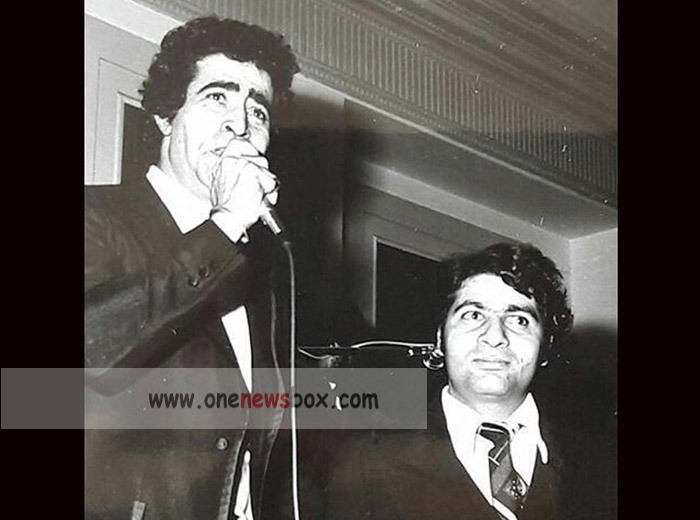Houshmand grew up in a middle-class household, one that valued education and cultural refinement. His father, recognizing his son’s inclination toward the arts, supported his early musical activities. This parental encouragement proved crucial, as it was not uncommon in conservative households of the time to discourage young men from pursuing music professionally, due to its uncertain prospects and the stigma sometimes associated with public performance.
He attended Adab High School in Isfahan, where his first intellectual pursuit was mathematics. His early interest in numbers and structure is perhaps reflected later in his methodical approach to musical composition and performance. After high school, he pursued higher education in English literature, a field that gave him access to Western thought, poetry, and musical ideas that subtly influenced his later works.
It was during his high school years, however, that Aghili’s passion for singing blossomed. He was captivated by the works of legendary Iranian singers such as Delkash, Vigen, Banan, and Aminollah Rashidi. These artists represented different shades of Iran’s evolving music scene: Delkash’s deep, emotive voice, Vigen’s modern pop style, Banan’s classical refinement, and Rashidi’s innovative melodies. Aghili imitated their songs, performed in school gatherings, and gradually realized that his voice had the potential to carry him into a professional career.

